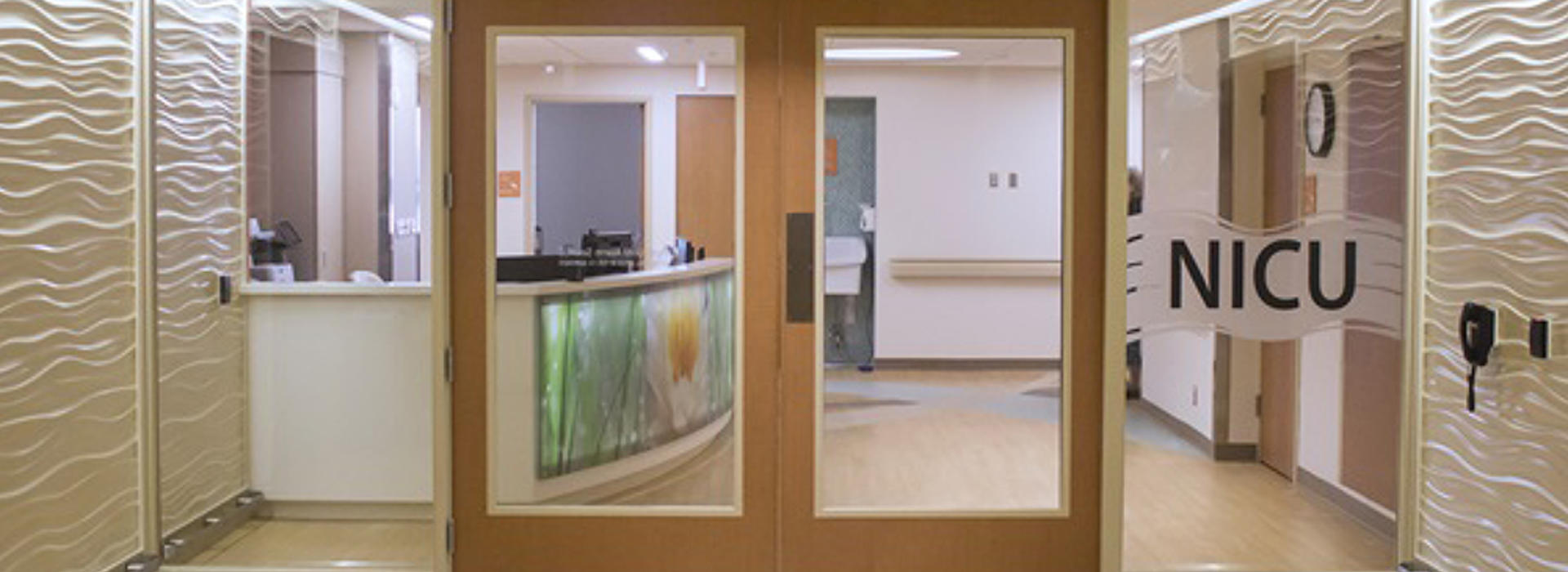
U of M Professors Awarded $800K Grant to Study How Music-Based Intervention Impacts Neurodevelopment and Pain in Preterm Infants
Sonya Wang, MD, a pediatric neurologist with M Health Fairview and associate professor in the Department of Neurology at the University of Minnesota Medical School, has a lot to look forward to in the year 2020. Dr. Wang recently received a grant worth more than $800,000 over two years from the National Institutes of Health to research the effects of music-based intervention (MBI) on neurodevelopment and pain response in preterm infants. The objectives for this research are to identify differences between MBI and controls in preterm brain maturation and early neurodevelopment and to measure differences in preterm pain responses between MBI and controls.
Michael Silverman, PhD, MT-BC, the director of the Music Therapy Program and a distinguished teaching professor in the U of M School of Music, will be working alongside Dr. Wang on this research grant.
“The new Sound Health initiative from the National Institute of Health - Kennedy Center and National Endowment for the Arts encourages interdisciplinary collaborations to understand the mechanisms as to why music may be effective from a neurological perspective,” Dr. Silverman said.
This interdisciplinary aspect is a collaboration between the Neurology and Neonatology department within the Medical School, the Music Therapy department within the School of Music, Biostatistics within the School of Public Health, Biomedical Engineering within the School of Science and Engineering and the Clinical and Translational Science Institute. It is a first-of-its-kind grant to conduct interdisciplinary music therapy research like this with a pediatric neurologist.
“I have always been passionate about neonatal neurology,” Dr. Wang said. “The opportunity to study whether an alternative treatment approach, such as music therapy, might improve neonatal brain development is incredible. We have medical procedures that improve neonatal survival. Now, we need to optimize neurological growth.”
It has never been studied before, and Dr. Wang plans to take advantage of this grant opportunity. The goal of the research is to see if music improves memory, learning and language. If successful, this research could have numerous downstream effects, including expanded music in elementary school arts curriculum for improved learning.
“While music can be beneficial for premature infants, we do not understand the neurological mechanisms responsible for change. That’s what makes this study so unique,” Dr. Silverman said.
Furthermore, Dr. Wang will research if music can alleviate pain in these preterm infants. If so, this could be an opportunity to decrease the amount of pain medications needed in the neonatal intensive care unit (NICU) for premature infants. In the NICU, medications and procedures help keep babies alive, although some medications have side-effects and procedures can be painful. In order to decrease pain, more medications are administered. This study will explore if music can reduce pain with the goal of decreasing overall pain medication usage—a greatly needed study in the midst of the nationwide pain management and opioid epidemic.
To conduct this research, all babies will receive a set of headphones. Half will receive music, and the other half will not. The study is designed similar to a drug-placebo trial to observe what happens with or without music. Moreover, this study utilizes blinded conditions—a superior method of studying music-based intervention that exceeds current music research standards. The babies will be given specially selected, recorded lullaby music to be played in randomized order.
“We will use electroencephalography while the baby is in the NICU, which directly observes their brain activity to evaluate neurodevelopment and pain responses,” Dr. Wang said. “Once they are one month old, they will come back for an Event-Related Potential test, which is a proven test that evaluates memory and neurodevelopment. We will then compare test results between babies who received music to those who didn’t and measure how music can promote health and be used as a treatment.”
The research is expected to begin at the start of 2020.